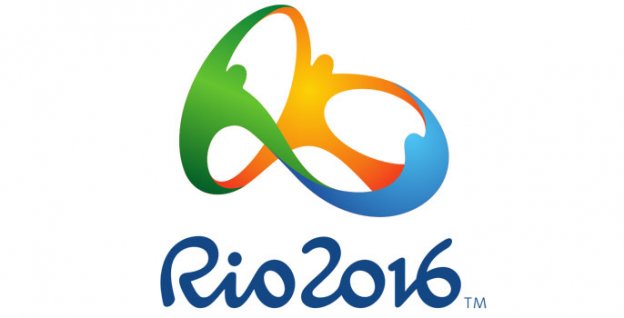The 2016 Summer Olympic Games in Rio de Janeiro have been dominated by discussion of doping. Whether it’s Russia’s state-sponsored doping program, the booing of Olympians who have previously served doping suspensions or the reanalysis of samples of 2008 Beijing and 2012 London athletes, anti-doping authorities (aided by the news media) have kicked up the doping hysteria into high gear.
Unfortunately, the hysteria has overshadowed the shocking incompetence and dysfunction of the anti-doping efforts at this year’s Rio Olympics. The sample collection process has been so bad that at least one anti-doping official has called it the “worst” in history.
Anti-doping authorities have repeatedly emphasized how important it is to “protect clean athletes” but it appears to be all talk rather than concrete action. Michele Verroken, the former Director of Ethics and Anti-Doping at UK Sport and founding director of Sporting Integrity, believes anti-doping has failed its clean athletes with its incompetence.
“It’s hugely disappointing that everything that’s happened previously around and Olympic Games is continuing to happen,” Verroken said. “It’s just failing our athletes and regrettably making anti-doping looking like it can be incompetent at times. We almost get to the situation where we’re lucky to catch anybody.”
Mario Andrada, the director of communications for Rio 2016, has already acknowledged major problems in the volunteer staffing of important anti-doping roles in preparation for the Rio Olympics. Rio 2016 originally planned to have 70,000 volunteers to participate in the anti-doping efforts. Budget cuts reduced that number to only 56,000 but less than 40,000 volunteers actually showed up for duty.
Andrada even acknowledged that the training of those few volunteers that did show up may have been inadequate. And many of those who did show up had been pushed so hard that they quit. Andrada claimed that the problem was results even though others have not been so sure.
“In the beginning of the Games, people complained about lack of training of the volunteers,” Andrada said. “Not all the corridors leading to the doping areas were cleared. The volunteers were not firm enough and some people were very close to the areas that shouldn’t be entered. We corrected this issue.”
Unpaid volunteers have always played a crucial role in the sample collection process. They are primarily responsible for chaperoning athletes to and from doping control area. The volunteers monitor the athletes closely so that they can not evade doping controls or otherwise compromise the sample collection process. Unfortunately, Andrada acknowledged that some security lapses did take place during doping controls.
The World Anti-Doping Agency (WADA) seemed ready to distance itself from the failings of the Rio anti-doping efforts. It pointed the finger at the International Olympic Committee (IOC) as being the organism completely responsible for the sample collection process and doping administration at the Olympic Games.
“WADA is not involved in the doping control process [at the Games] except through an Independent Observer mission that will publish its report following the Games,” WADA said in a statement. “The doping control process at the Games is under the responsibility of the International Olympic Committee, which works in collaboration with the organising committee. It is not WADA’s role to comment on doping control issues at the Games until the IO Report is published.”
The IOC reportedly implemented an extensive pre-Olympics drug testing plan that in conjunction with the reanalysis of approximately 1,000 stored 2008 and 2012 samples. Yet, the drug-testing plans for the actual Olympic Games seemed to all fall apart almost immediately.

